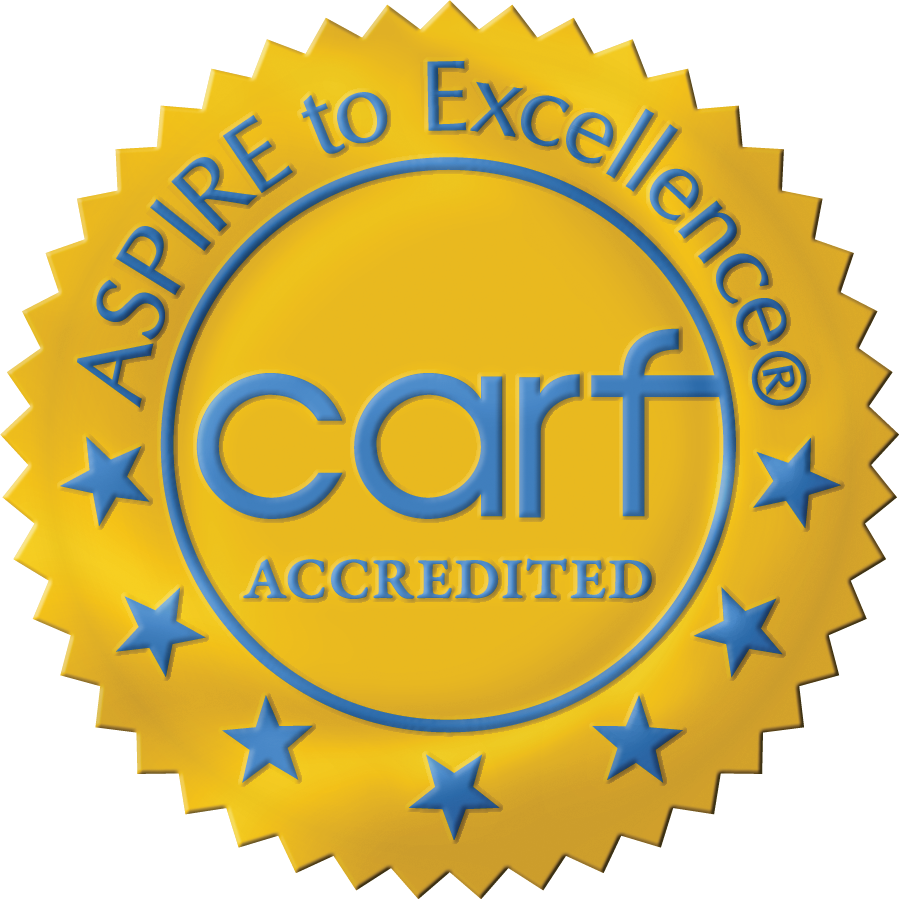Opioid addiction is a serious problem that affects millions of people around the world. Medication-assisted treatment (MAT) is one of the most effective ways to manage opioid addiction. Suboxone is a medication that is commonly used in MAT programs. It helps to reduce cravings and withdrawal symptoms, making it easier for people to stay in treatment.
What is Medication-Assisted Treatment?
Opioid use disorders are complex and often difficult to treat effectively. Medication-assisted treatment (MAT) is one approach that can be helpful for some people. MAT combines pharmacological treatment with behavioral therapy. The most common medication used in MAT for opioid addiction is Suboxone, which is a partial opioid agonist.
This means that it attaches to the same receptors in the brain as other opioids but produces a weaker response. Suboxone can help to reduce cravings and withdrawal symptoms while also helping to prevent overdose. In addition, behavioral therapy can provide patients with the skills they need to cope with triggers and manage their addiction. MAT is not right for everyone, but it can be an effective treatment option for some people struggling with opioid addiction.
What are the Components of MAT?
MAT combines FDA-approved medications with various behavioral therapies for addiction treatment. This combination has proven effective for the comprehensive treatment of certain substance use disorders. It allows for the simultaneous pharmacological management of some of the physical symptoms associated with substance use (or substance withdrawal), as well as behavioral therapeutic interventions for related psychological, mental, and emotional issues.
Before you enter an MAT program, you will undergo a thorough assessment by a physician. This assessment will help your physician determine the appropriate course and level of medication-assisted treatment, including the best medications for your particular needs.
Patients often start with a period of medical detox to help them become stable as they withdraw from the substance. They may then progress through a more rehabilitative phase of a treatment program that strives to empower them to better cope with major life issues. All the while, a combination of medication and therapy will continue to be utilized. At the completion of the more rehabilitative and supportive phases of MAT, a patient will transition to medical maintenance treatment that mainly involves medication to help manage their SUD in the longer term.
For more information or to schedule an appointment, email us at help@stephensoc.net or call our main line at (877) 563 6030.
Schedule appointment
Submit a request for date and time and our staff will respond as quickly as possible to confirm your request. Or save time by calling us directly at (877) 563-6030 set up your appointment.
Stephens Outreach Center
Stephens Outreach Center is dedicated to the provision of effective and appropriate supportive services in order that you may lead a more productive and fulfilling life.
